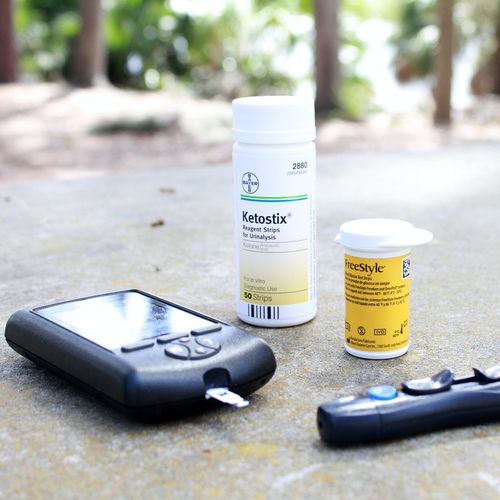Hypoglycaemia occurs when blood sugar levels drop too low. This drop in glucose – the sugar that provides energy to your body – can cause a range of symptoms that shouldn’t be ignored. Common signs include fatigue, trembling, sudden hunger, and mental confusion.
Want some official info on hypoglycaemia ? Check out the NHS guide to low blood sugar.
Who’s at Risk?
People with diabetes are most familiar with hypoglycaemia, often calling it a “hypo.” It typically happens when there’s an imbalance between insulin and blood sugar – either from taking too much insulin or not eating enough. However, diabetes isn’t the only cause. Other factors can lead to low blood sugar, including:
- Certain inherited conditions
- Some types of cancer
- Severe infections
- Heavy alcohol consumption
- Medicines like corticosteroids, aspirin, and some anti-inflammatory drugs
Recognising and Treating Low Blood Sugar
Quick treatment is essential when blood sugar drops. The fastest way to raise it is by consuming something sweet or high in carbohydrates. Good options include:
- Fruit juice
- Honey
- A small chocolate bar
- Glucose tablets
- Any sugary drink
People with diabetes may require more than quick sugar fixes for treatment. In severe cases where a person is unconscious or unable to swallow, doctors might need to give glucagon shots. This hormone prompts the liver to release stored glucose into the blood.
Prevention and Management
People with diabetes must prevent low blood sugar. This involves several key approaches:
Checking blood sugar often is vital, as is changing insulin or medicine doses when needed. Eating balanced meals and snacks throughout the day helps keep blood sugar steady. Exercise matters too, but people need to balance it with what they eat and the medicine they take.
New tech has made it easier to manage diabetes. Devices that track glucose all the time show blood sugar levels as they change. Insulin pumps can warn users when levels start to drop too low.
Education and Support
Understanding hypoglycaemia is important not just for patients – it’s key for their support network as well. Family members, friends, and colleagues need to recognise low blood sugar signs and know how to assist in a crisis. This insight can save lives since confusion often occurs, which might stop someone from seeing they require aid. I’ve found these personal stories about living with hypos really insightful.
When to Get Doctor’s Help
Though people can treat most hypoglycaemia cases at home, some events need quick medical care:
- If a person blacks out
- If signs don’t get better after eating or drinking something sugary
- If bouts happen often or turn severe
Doctors can help create custom plans to manage the condition taking into account personal habits, medicine needs, and risk factors. They can also tweak treatment plans as needed to stop future episodes from happening.
Keep in mind, although low blood sugar can be frightening, you can handle it if you know what to do and are ready. The most important thing is to spot the signs and act when your blood sugar falls too low.
Photo by Mykenzie Johnson on Unsplash
Zoom Health is a leading UK supplier of Home Health Tests and Earplugs
This post was originally published in 2017. It was last updated in December 2024.





